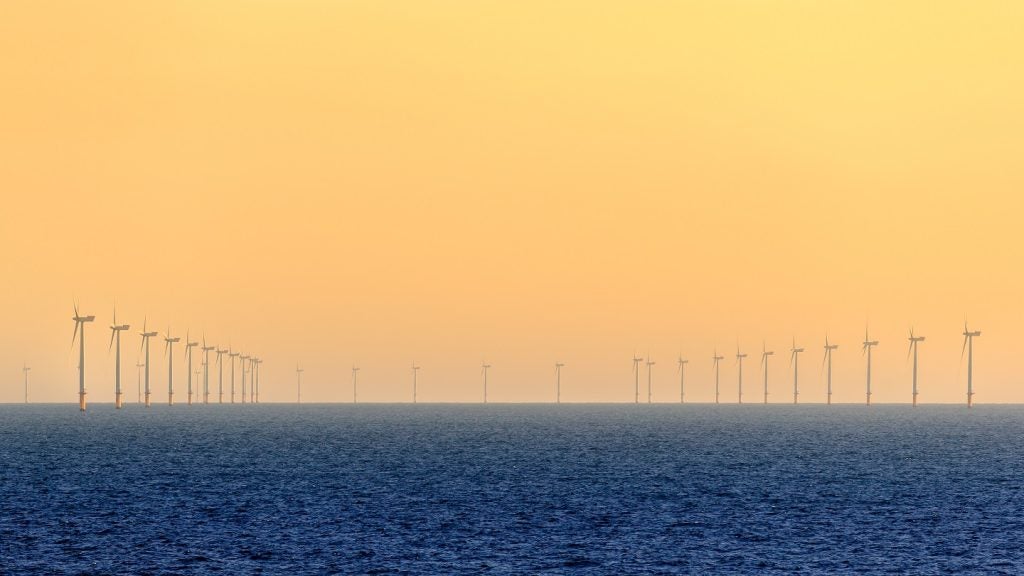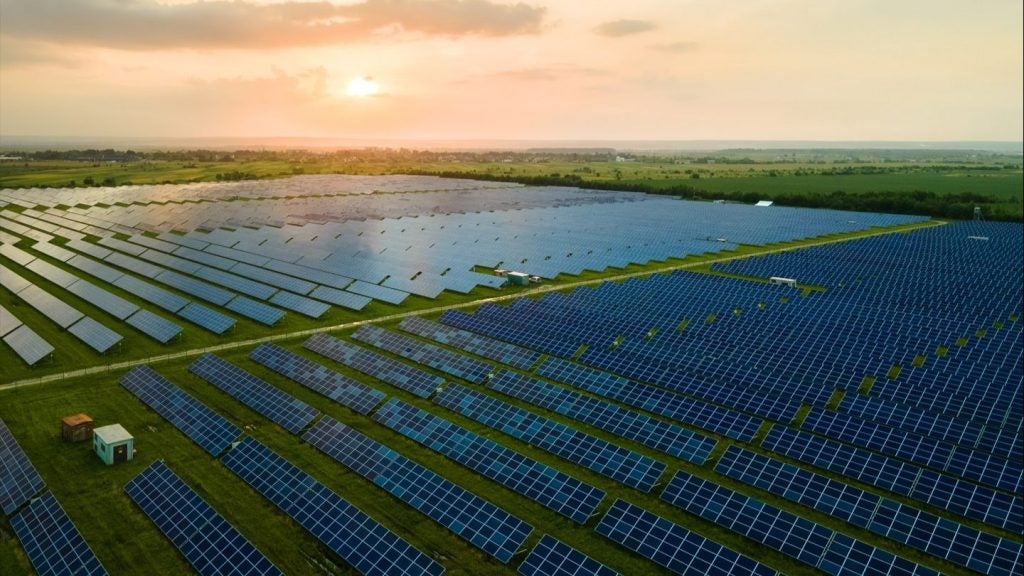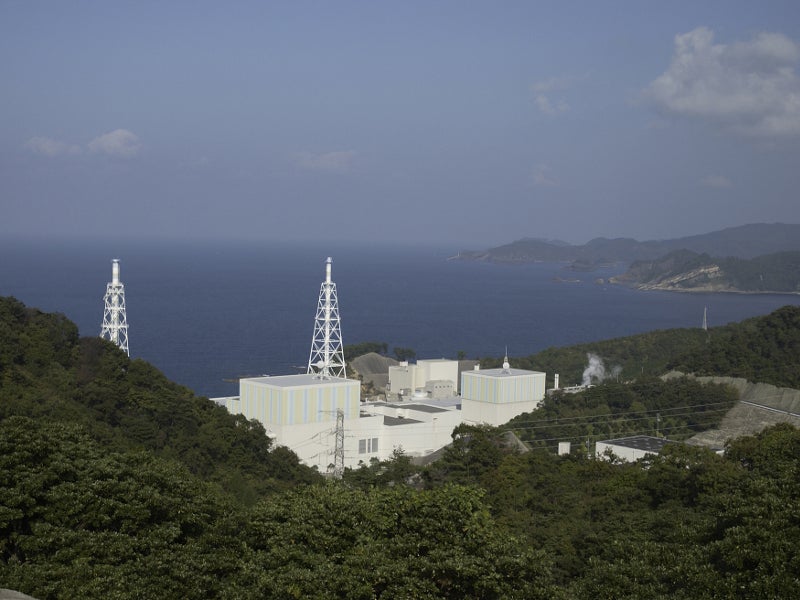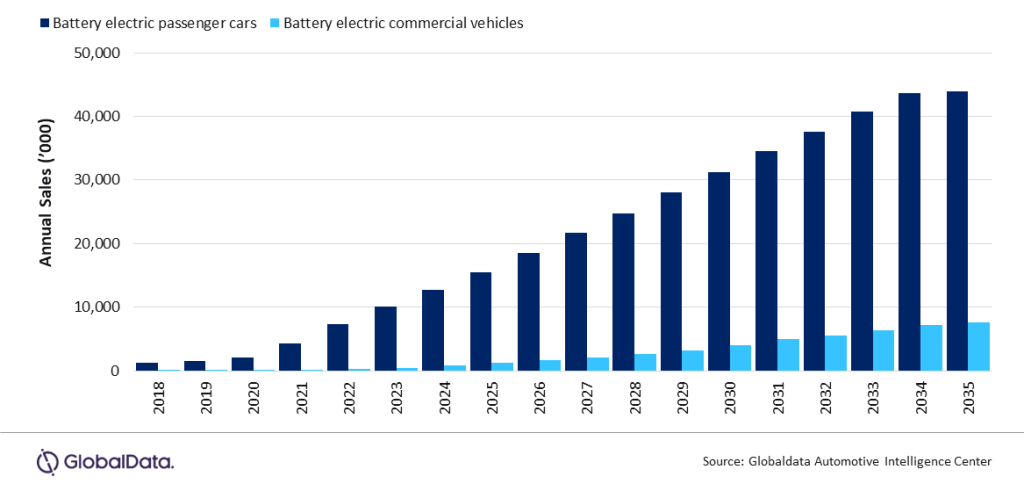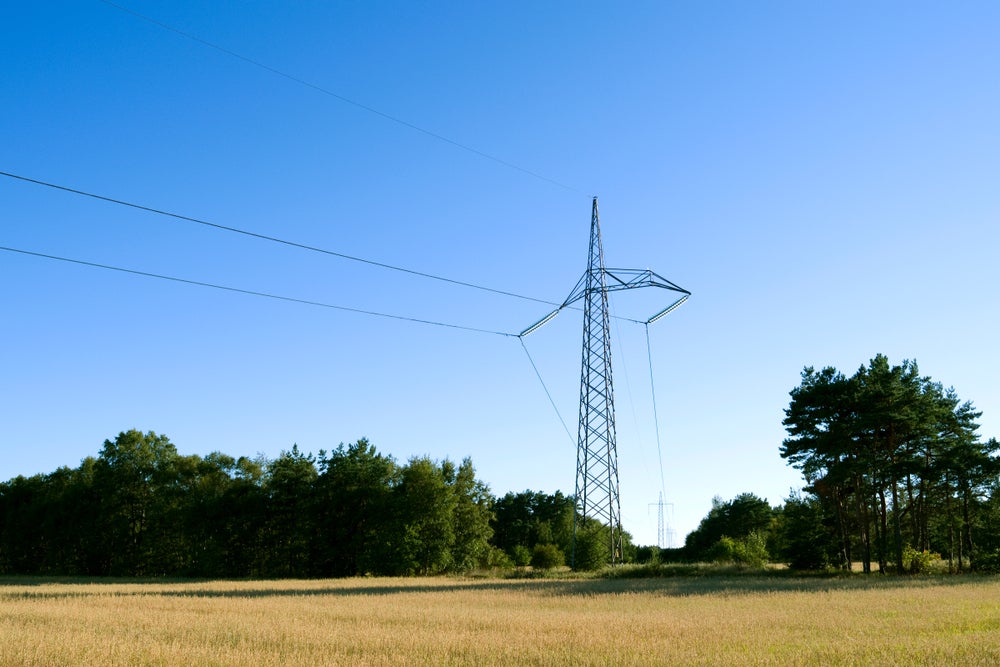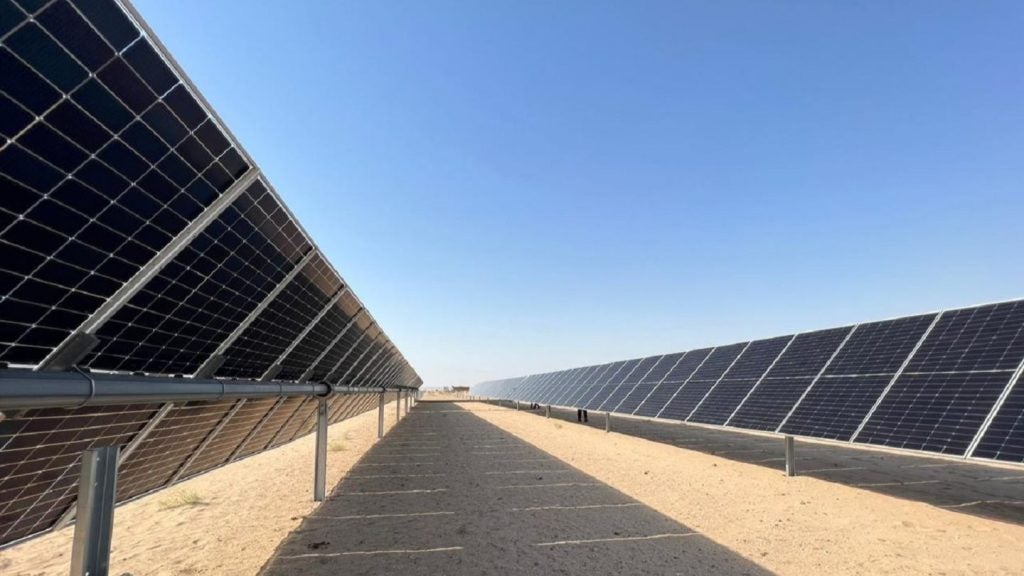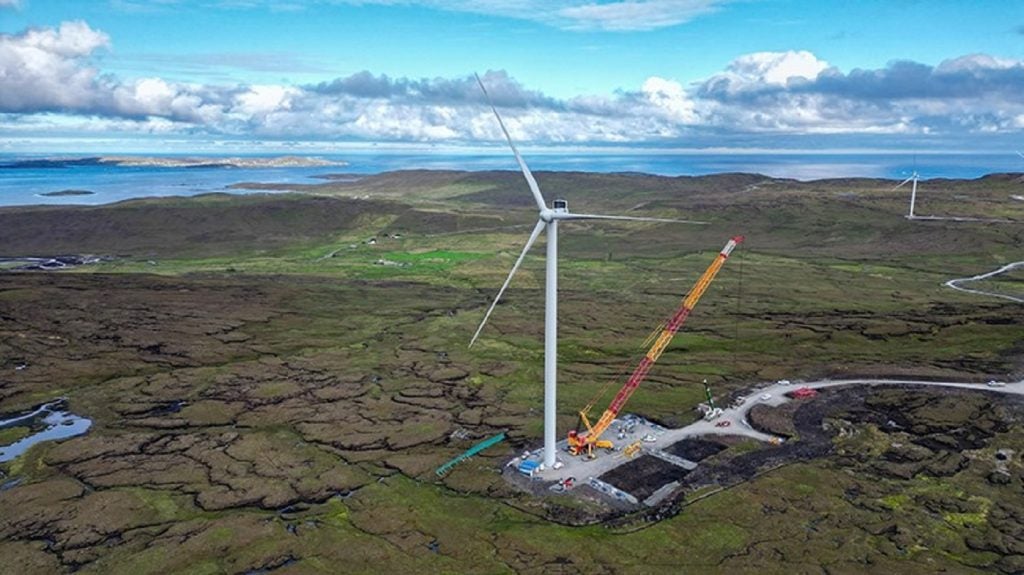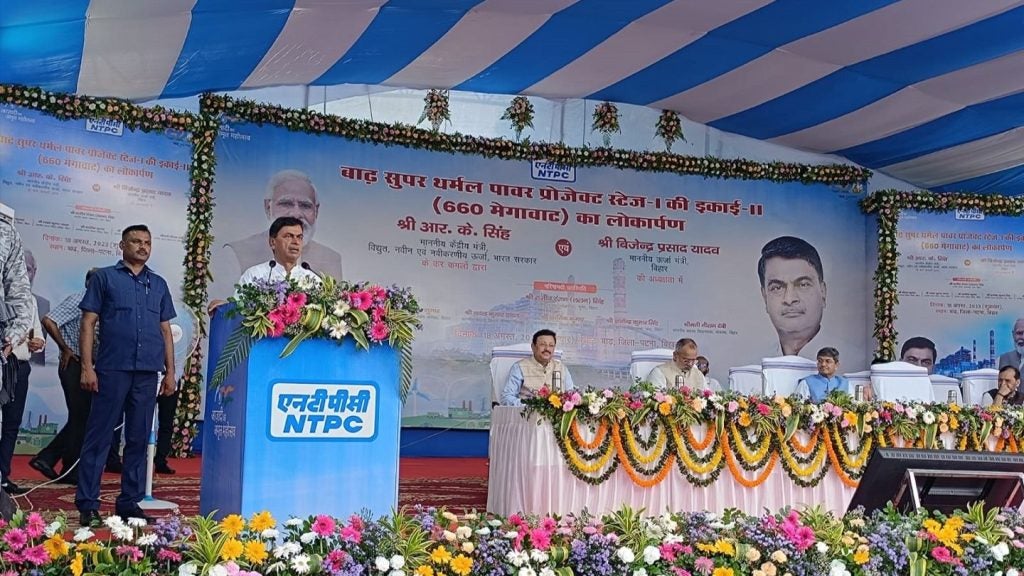Danish energy giant Ørsted and its partner Phillips 66 have agreed to place Gigastack, a project aimed at generating green hydrogen, temporarily on hold, Energy Live News has reported.
The Gigastack project planned to use the renewable energy generated from the Hornsea 2 offshore wind farm to power green hydrogen generation.
This hydrogen was to be supplied to Phillips 66’s Humber refinery, where the hydrogen would replace the hydrocarbon fuel used for powering the industrial-fired heaters.
The decision to pause the project is based on the need to further develop the project and bring refinement to the supply chain.
The news publication has quoted a spokesperson from the two companies as saying: “We have made a joint decision to withdraw our bid from the funding process and pause the Gigastack project.
“We are proud of the huge amount of work we have done to date to accelerate the deployment of green hydrogen, demonstrating both the potential to integrate with offshore wind energy and the use of hydrogen to refuel critical national infrastructure.
“Phillips 66 Limited and Ørsted believe that further project maturation together with supply chain development is required to unlock the maximum potential of this world-scale electrolytic hydrogen project. We will continue to work with the governments of the UK, industry and stakeholders to help realise the enormous potential of green hydrogen.”
The Gigastack project is aimed at producing hydrogen through an electrolysis process, which will consume electricity from renewable resources.
Highly efficient electrolysers are required to scale the process, and these need to be manufactured in the UK to reduce costs. Highly efficient electrolysers will translate to reduced energy required to power the system.


